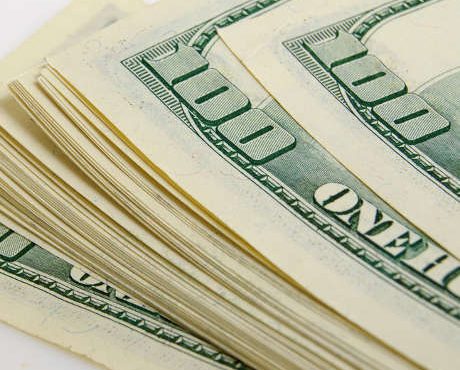Payouts Exceed Incomes at Some Big U.S. Firms
Investors involved with S&P 500 businesses had the best dividend party since the financial crisis of 2008 as some of the biggest companies in the U.S. paid more in dividend than their net incomes during the past 12 months.
Falling corporate bonds yields and negative interest rates on the government debt in most of the developed world have investors jumping on solid divided paying stocks. This trend was captured in the latest research by Norwalk, Connecticut-based data firm FactSet.
According to the company’s research, dividend payouts at S&P 500 companies were almost equal to 38% of their net income, the highest payout since February 2009. The research also found that in the second quarter of 2016, 44% S&P 500 companies paid more in annual dividend payouts than their latest yearly net incomes. (Source: “Dividends Eat Up Bigger Slice of Company Profits,” The Wall Street Journal, August 19, 2016.)
The search for yield is probably one of the main factors that is fueling record gains in the Dow Jones Industrial Average and the S&P 500. Both indices are trading at their record levels as investors don’t see more lucrative alternatives to stocks at a time when there is a very low probability of a quick surge in interest rates.
Pfizer Inc. (NYSE:PFE); Alcoa Inc. (NYSE:AA); toymaker Mattel, Inc. (NASDAQ:MAT); Kellogg Company (NYSE:K); and The Kraft Heinz Company (NASDAQ:KHC) are among the top companies handing in more cash in dividend payouts than their income over the past 12 months, according to S&P Global Market Intelligence data. (Source; Ibid.)
Kellogg, with its dividend yield of 2.5%, said last month that it will pay four percent more in its quarterly dividend. Similarly, Kraft Heinz hiked its quarterly dividend by 4.3% for the second quarter.
Pfizer, one of the biggest pharmaceutical companies in the world, is also one of the best dividend-paying stocks in this space with a dividend yield of 3.39%. In the second quarter, the drugmaker reported a 14% increase in adjusted diluted earnings per share, according to its earnings statement.
In contrast to these profit-making companies, Mattel Inc. said last month that it will pay $0.38 per share quarterly dividend to its shareholders, despite reporting a $0.06 loss for the second quarter. (Source: “Mattel Reports Second Quarter 2016 Financial Results And Declares Quarterly Dividend,” PR Newswire, July 20, 2016.)
Many analysts are now concerned that this shift, which is forcing companies to maintain or increase their dividend payouts amid a low-profitability environment, may undermine companies’ plans for growth and capital investment.
